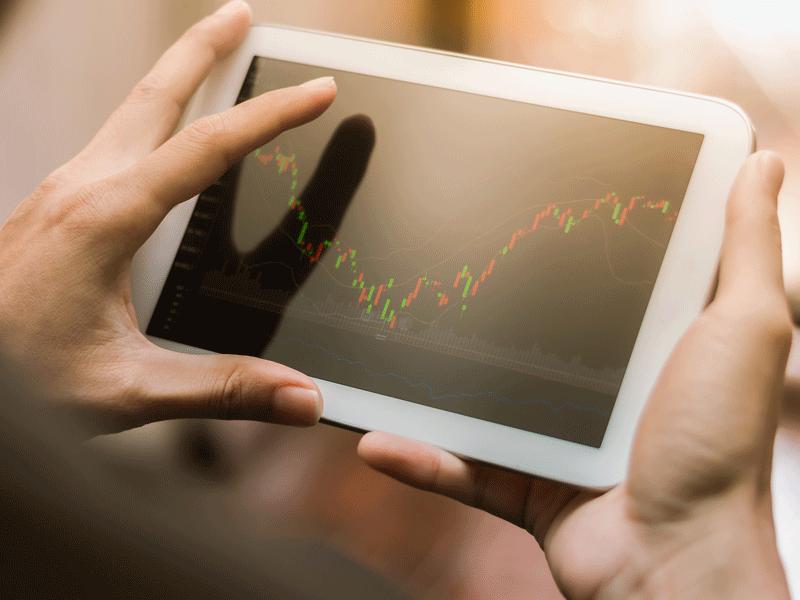
In today’s world, you do not have to be a billionaire with significant capital to begin trading. Previously, there has been a belief that trading is too complicated or risky for beginners to try but the reality is that as long as you understand the rules and how to approach it, it is simple.
The advances and developments in technology have meant that anyone with an internet connection and an understanding of the rules is able to trade on the market. Plus, with innovations such as Artificial Intelligence (AI) now being used in the trading sector, producing top-level results and streamlining the whole process, there is no better time for beginners to enter the industry. Here we outline the five most common mistakes made by new traders.
1 – Trading without a strategy
It is vital that you approach trading as a business and create a strategic plan that includes short- and long-term goals, the amount of capital you have available and a plan of action. You need to determine what you will be trading – stock, commodities, currency pairs and so forth – as well as how you want to trade. A good trading plan needs to be concise, objective, researched and continually evaluated at regular intervals. Even professionals struggle with the analysis needed for a strategy, which is why the development of AI technology is useful for both experienced and new traders and can support you in making the right decisions.
2 – Not taking advantage of technology
AI (or automated) trading consists of a computer programme that does the hard work for you, significantly simplifying and streamlining both the planning and trading process. Not only does it collect the mass amounts of data needed for the analysis, allowing you keep up to date with price development patterns and real-time quotes, but it acts as a guide for the best times to trade, using machine learning to train itself and its strategies over time. Particularly volatile markets need technology that recognises developments in pricing, overvaluations, undervaluations or anticipates reactions to market events. Additionally, new traders can gain valuable experience without the risk of a live environment through ‘backtesting’, which operates a trading simulation.
3 – Underestimating the time commitment
While you can trade on the side, make sure you have a plan that accounts for that and that you stick to the time schedule. You must devote substantial time and effort if you want to be successful. Lots of new traders are anxious to get into the market and begin trading but be careful not to rush straight in. Those who put their money in the market too soon without a thought-out trading strategy or automated trading program often find themselves back at the beginning, but with less capital.
4 – Having unrealistic expectations
There is a very steep learning curve involved with trading. Often new and inexperienced traders underestimate how difficult it is to be successful and mistake the ease with which you can start trading with being able to make sustainable profits quickly. If you treat trading as a serious business venture – not just as a hobby or a get-rich-quick scheme – and develop a realistic outlook for what you believe could happen, it will relieve some of the pressure on getting an immediate return on investment. Alternatively, some traders like to ensure emotional human elements are fully removed from the decision-making process by using automated trading systems.
5 – Getting cocky
Being unaware of the risks associated with trading is one of the biggest mistakes new traders experience – risk management is the cornerstone of trading. It is important that new traders can handle the volatility and constant ups and downs of the markets as well as keeping sight on their capacity to take on risk. High volatility, as seen on the crypto markets, further emphasises the importance of a good risk management. By handling the risks with a strategic plan or an AI trading platform in place, you can immensely improve your trading performance and significantly curtail any losses.
Trading technology can seem quite daunting to those new to the industry, but recent innovations have introduced greater freedom and flexibility for all types of traders. This, paired with the vast amount of information you can access at your fingertips, is a winning combination. Crucially, being successful in trading requires hard work, stamina and as much support as possible. Ultimately, though, this can produce fantastic results.


